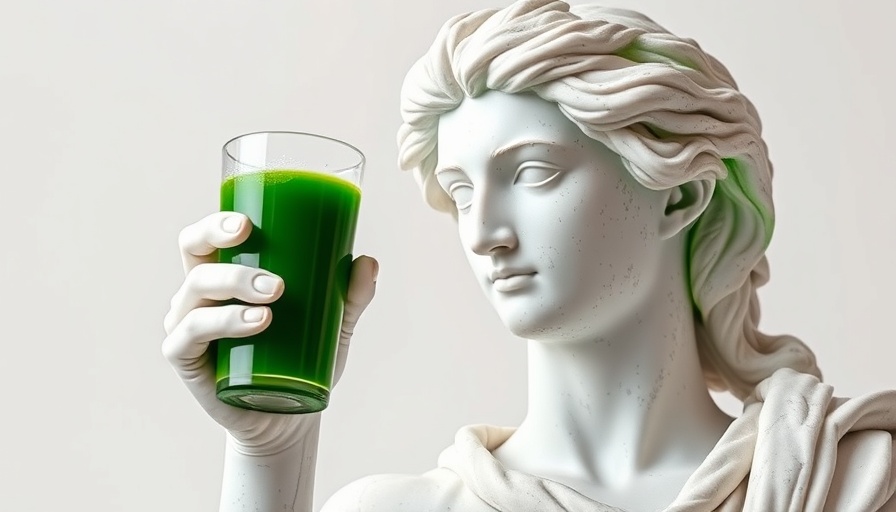
kraft heinz takes action amid growing health concerns
In a bold move, kraft heinz announced that it will no longer include artificial food dyes in its popular products like jell-o and kool-aid. This shift comes after health secretary robert f. kennedy, jr. pressured the company to eliminate these harmful ingredients, highlighting the need for safer options in our diets.
Beginning in 2027, the company plans to complete its transition away from synthetic colors, with an immediate halt on launching new products that contain such dyes. This decision aligns with a broader trend in the food industry as consumers increasingly demand transparency and healthier ingredients.
widespread support for health-conscious reform
Health experts and parents alike are celebrating the announcement. Many have long voiced concerns over the potential health risks associated with artificial dyes, which have been linked to hyperactivity in children and various adverse reactions. By removing synthetic ingredients, kraft heinz is responding to a growing public outcry for cleaner, more natural food options.
While the transition may not be immediate, the company's prior experiences in reformulating other products, such as kraft mac & cheese, signal a commitment to safer food practices.
real-world impacts on consumers
The implications for families choosing foods for their children are significant. As the food landscape shifts towards natural ingredients, parents will have greater peace of mind. Studies indicate that children exposed to artificial colors may experience hyperactivity, a concern echoed by health professionals.
Moreover, the shift reflects a cultural movement in massachusetts and beyond where consumers are more vigilant about food labels. Families are actively seeking out brands that prioritize health, which positions kraft heinz favorably against competitors.
the ripple effect across the industry
Many other food manufacturers are likely feeling the pressure to adapt. As leading voices in the food sector embrace these changes, it could signify a turning point for the industry overall. The success of kraft heinz in eliminating synthetic dyes could catalyze further changes among other companies.
what does this mean for our kitchen?
Removing artificial dyes isn’t just a corporate decision; it impacts how we shop, cook, and think about food at home. Parents might find themselves reconsidering meal choices, triggering a domino effect of healthier eating habits throughout families.
If food companies continue to listen to consumer demands for transparency, we could see an influx of new products made primarily with real, wholesome ingredients. This is an opportunity for families to engage more deeply in wellness and nutrition awareness, fostering a generation that prioritizes health without compromise.
the bottom line
This move offers consumers the chance to rethink their purchasing habits and assess their family’s dietary needs critically. With these unnatural ingredients being phased out, families in massachusetts can start enjoying meals that are not only delicious but also free from questionable additives. Healthier food should not just be a trend; it should be a standard.
We urge families to actively explore these changes in their local grocery stores. Look for products that emphasize natural ingredients, support brands that are making the switch, and educate your children about the importance of healthy eating. Together, we can foster a healthier culture around food.
 Add Row
Add Row  Add
Add 




Write A Comment